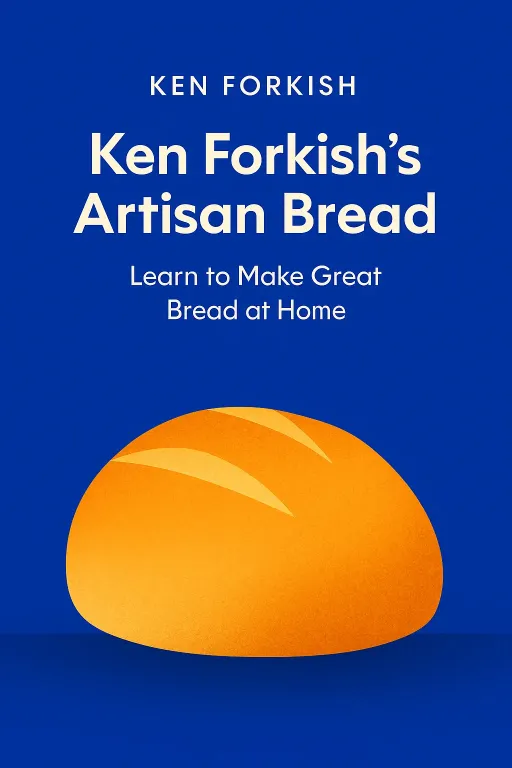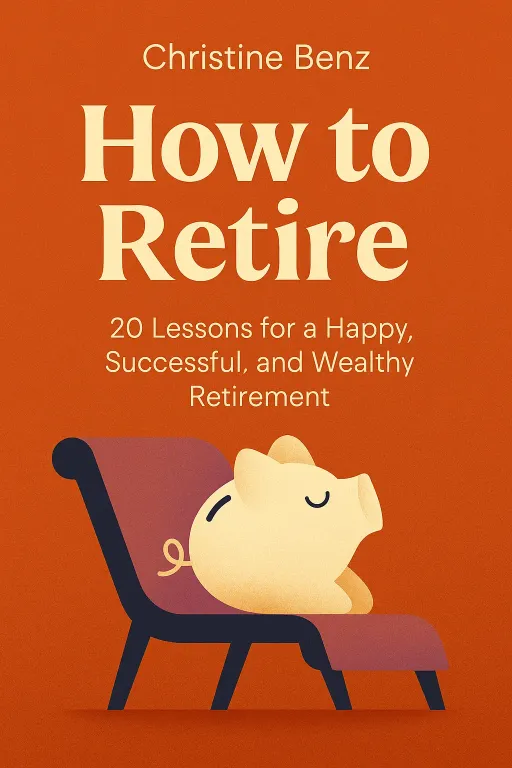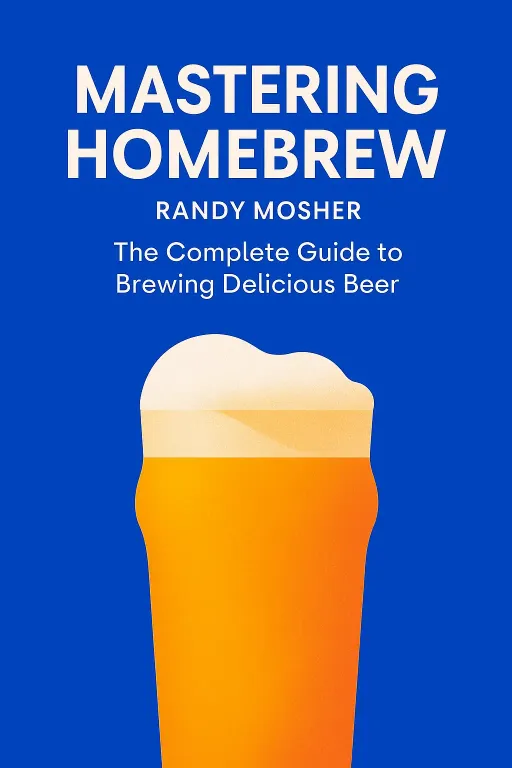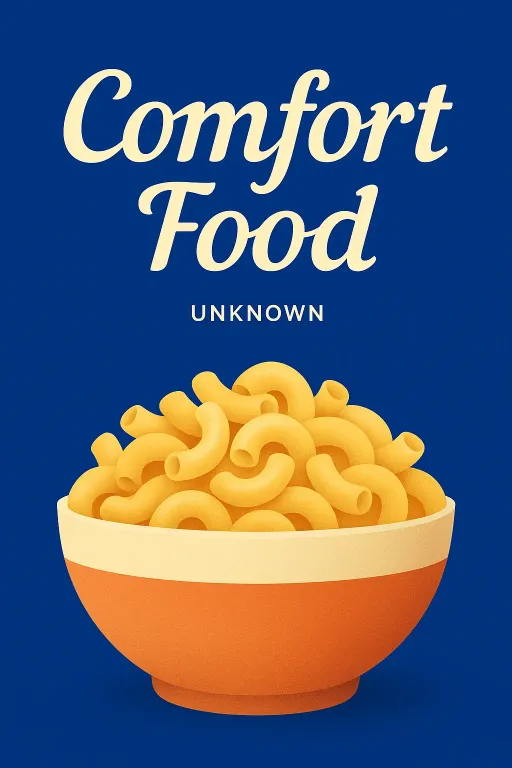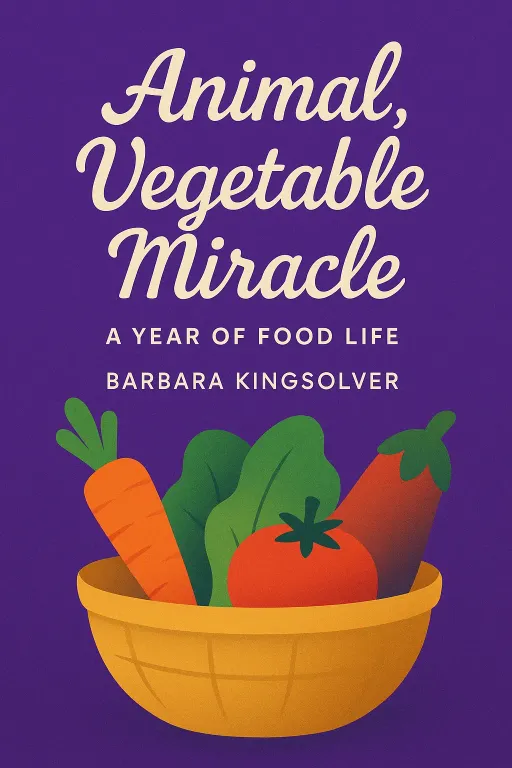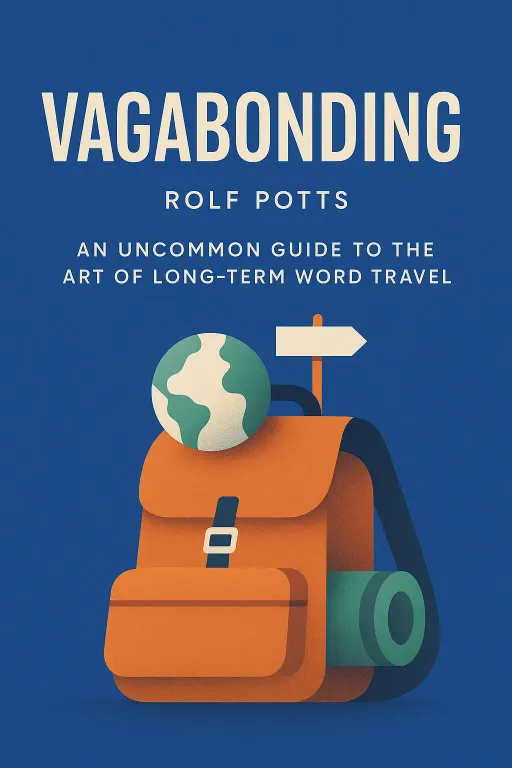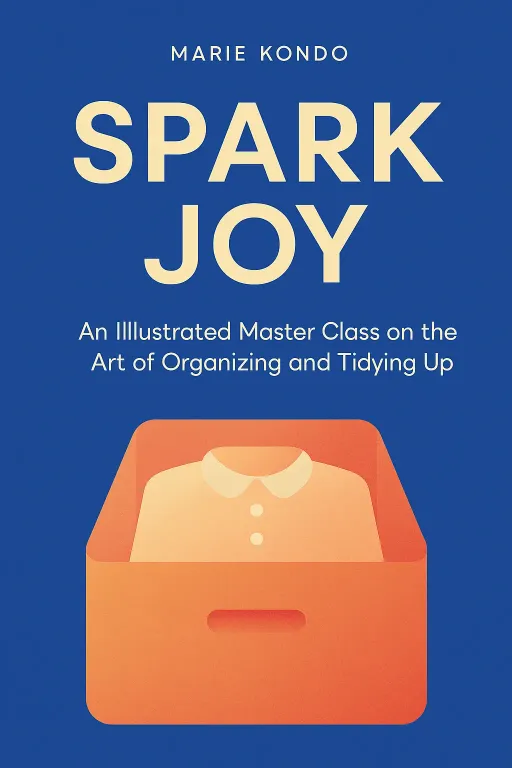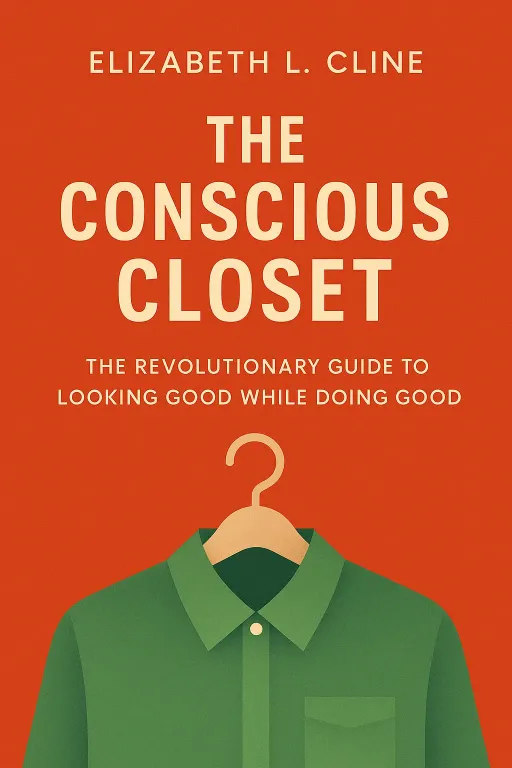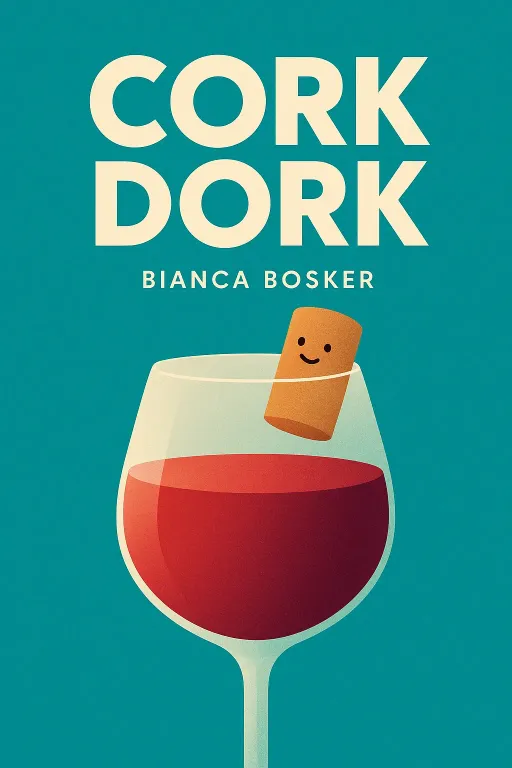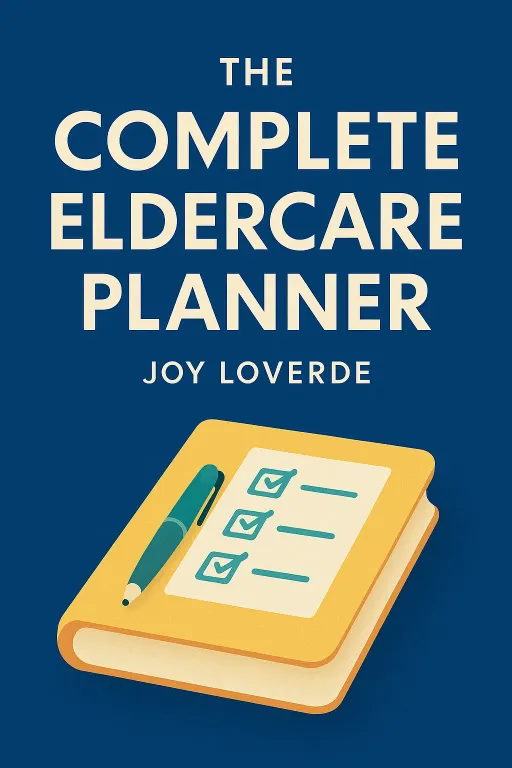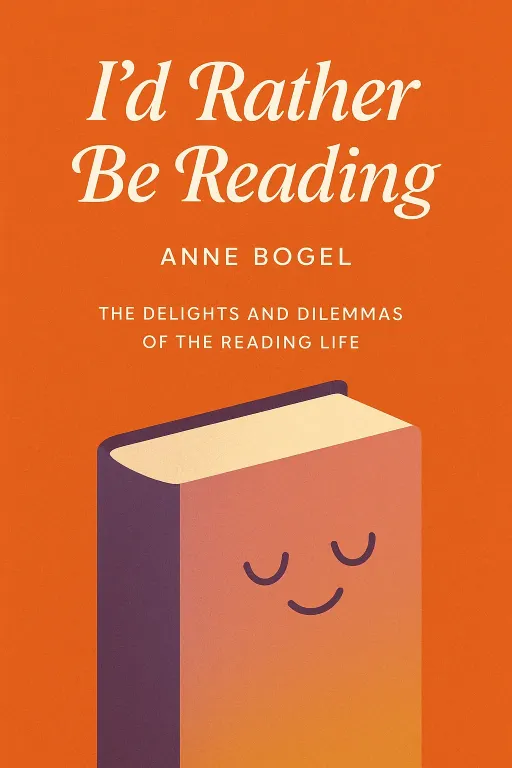
Literary Sins & Book Twins
11 minGolden Hook & Introduction
SECTION
Rachel: Okay, Justine. You get five words to review this book. Go. Justine: My secret reading life, exposed. Rachel: Ooh, good one. Mine is: Finally, someone truly understands us. Justine: Us? You mean the people who have more books than friends? Rachel: Exactly. The book people. And that's exactly who we're talking about today, thanks to Anne Bogel's delightful book, I'd Rather Be Reading: The Delights and Dilemmas of the Reading Life. Justine: Anne Bogel... she's a big deal in the book world, right? Like, the creator of the Modern Mrs. Darcy blog? Rachel: She is. She's built this incredible online community for readers, and she hosts the popular podcast What Should I Read Next? This book really feels like a love letter to that community. It’s not a how-to guide; it’s a collection of short, charming essays that just gets what it feels like to have a life built around books. Justine: It’s like she’s giving us all permission to be the quirky readers we actually are. Rachel: Precisely. And she starts by inviting us all into a kind of confession booth, which I absolutely love.
The Reader's Secret Identity: Confessions, Sins, and the Books That Find Us
SECTION
Rachel: She kicks off with this idea of "literary sins"—the books we feel we should have read but haven't. Or maybe the books we love that we think are embarrassing. Justine: Oh, I am so ready for this. My biggest literary sin is probably Moby Dick. I've started it three times. I know about the whale, I know about Ishmael. I just can't get through it. I feel like I should turn in my library card. Rachel: See, that's the feeling she taps into! But she flips it. She tells this great story from a David Lodge novel called Changing Places, where a group of academics play a party game called "Humiliation." The goal is to name the most famous book you haven't read. You get points if everyone else has read it. The winner is the most "ignorant" person in the room. Justine: Wait, so it's a game to admit you haven't read famous books? I feel like I'd win that game every single time. That’s brilliant. Rachel: It is! Bogel uses it to explain what screenwriters call the "comedy gap"—the space between our expectations and reality. We expect an English professor to have read Hamlet, so it's funny when they confess they haven't. She argues that sharing these "sins" isn't about shame; it's about connection. It's that C.S. Lewis moment of "What! You too? I thought I was the only one." Justine: That makes so much sense. It turns a point of private shame into a public bond. But what about the other side of that secret identity? Not the books we haven't read, but the ones that feel like they were destined for us. She talks about that, right? The magic of a book finding you. Rachel: She does, and her stories are incredible. She calls them "magical gifts" that appear at exactly the right time. She tells this one story about how, for years, people had recommended a book called The Divine Conspiracy by Dallas Willard. She bought it, but it just sat on her shelf. Justine: I have a whole shelf of those. I call it the "Shelf of Good Intentions." Rachel: Exactly. Then, her son was suddenly diagnosed with a serious medical condition. They had to pack in a rush for an emergency trip to see a specialist, and she just grabbed that book off her nightstand. She ended up reading it in waiting rooms, in hospital corridors, on airplanes. And she says it was the exact thing she needed to read in that moment of crisis. It gave her comfort and a framework for coping. Justine: Wow. That gives me chills. But I have to ask, is it really magic or fate? Or is it more that when we're in a crisis, we're just more receptive to finding meaning in things? Like a kind of confirmation bias, where we're looking for a lifeline and any book could have felt like one? Rachel: That's a great question, and she sort of addresses it by showing how it's not always about emotional comfort. Sometimes it's incredibly practical. She tells another story about randomly reading a book by a former FBI hostage negotiator called Never Split the Difference. Justine: A book on hostage negotiation? Okay, that's not exactly what I'd pick up for a light read. Rachel: Right? But she read it just as she and her husband were about to sell their house. They were heading into this intense negotiation. So they used the FBI tactics from the book—like setting a high anchor price and how to phrase their offers. And they sold their house on the first day for more than the asking price. Justine: No way! So she's saying the universe sent her an FBI negotiator's playbook right when she needed it? Rachel: It feels that way. Her point is that if we pay attention to these little nudges—a friend's recommendation, a book that keeps popping up—we might find these essential reads. She says, "I’ve learned books move in mysterious ways, and I’d do well to pay attention." It’s about being open to that serendipity.
The Emotional Architecture of Reading: Why We Beg Books to Break Our Hearts
SECTION
Justine: Speaking of crisis and intense emotions, that brings up another thing Bogel talks about that I found so true—the way we sometimes want books to wreck us emotionally. We actively seek out stories that will make us sob. Why do we do that? Rachel: It’s such a strange and human thing, isn't it? Bogel says that the best books move you through the full range of emotions, and sometimes that includes breaking your heart. She believes that earning a reader's tears is one of the highest compliments you can pay an author. Justine: It’s true. If a book doesn't make me feel anything, I feel like I've wasted my time. But if it makes me cry, I'll recommend it to everyone I know. Rachel: She has this perfect, vivid story about it. In fifth grade, her teacher read Where the Red Fern Grows to the class. By the end, the entire room was a mess. She says half the kids were openly sobbing, and the other half were trying to pretend they had allergies. She and her friend were at the sink, splashing water on their faces, trying to hide the evidence. Justine: Oh, I remember that feeling. For me, it was Bridge to Terabithia. I was devastated. It’s like a rite of passage, that first book that truly shatters you. Rachel: It is. And Bogel argues that this emotional connection is what builds the "interior architecture of our mind." The stories we read literally shape our emotional landscape. And sometimes, they shape our physical world, too. One of my favorite parts of the book is her chapter about the house she and her husband bought when they were just 22. Justine: The one next to the library, right? That sounds like a reader's paradise. Rachel: It was. She says the house itself was a bit of a wreck, but the key selling point was that it was right next door to the public library. For thirteen years, that library became an extension of their home. When her kids were little, she could walk them over two or three times a day. It became their refuge, their entertainment, their community hub. She says that little house is where she "grew up as a reader." Justine: I love that. But it also makes me think about something critics sometimes point out about Bogel's work. While her stories are so charming and relatable for many, they do come from a certain perspective of privilege. The idea of daily library trips is a dream, but for many people, things like library fines are a real barrier to access. It’s not a criticism of her experience, but a reminder that the "reading life" can look very different depending on your circumstances. Rachel: That's a really important point. And it highlights the difference she notes when they eventually moved away. She says, "There’s a difference between visiting the library two or three times a week and two or three times a day, between having a library in your neighborhood and a library in your own backyard." That constant, easy access is a unique gift, and it’s true that not everyone has it. It really underscores how much our environment, our "place," shapes the readers we become.
The Reader's Social Life: Book Twins, Book Bossiness, and Finding Your People
SECTION
Rachel: That idea of community and access is a perfect bridge to our last point—how reading, which seems so solitary, is actually an incredibly social act. Justine: It really is. We're always talking about books, recommending them, trying to get our friends to read what we love. Rachel: Which can be tricky! Bogel introduces two concepts I'm now obsessed with: "Book Twins" and "Book Bossiness." A book twin is that rare person whose reading taste is an almost perfect match for yours. If they love a book, you know you will too. It’s the ultimate recommendation shortcut. Justine: I need to find my book twin! It would save me so much time. I'm always falling for what Bogel calls "contagious enthusiasm." A friend will rave about a book with such passion that I'm convinced I'll love it, and then... I don't. Rachel: She has a great story about that. She was on the sidelines of a field hockey game, and another parent was gushing about a book, saying "You'll love it! Everyone will!" And Bogel is standing there, silent, because she had read that book and absolutely hated it. But she didn't say anything, because taste is so personal. Justine: Oh, I have been on both sides of that conversation. I'm definitely guilty of being "book bossy." I'm always telling people, "Oh, you should read this. It will change your life!" Rachel: And Bogel says that word, "should," is the biggest warning sign of book bossiness. It implies a judgment, like you think the other person is lacking something and this book will fix them. She tells a hilarious and cringey story about sending a friend who was going through a breakup a self-helpy book she thought her friend should read. She realized later it was like sending a card that said, "I think your life is a big fat mess." Justine: That is so painfully relatable. So how do you share your love of reading without being bossy, especially with your own kids? You want to raise them to be "book people," as she says. Rachel: Her advice is to be subtle. Don't push. She says readers, especially kids, want to discover books for themselves. So instead of assigning books, she just leaves good ones lying around the house. She'll mention to the school librarian that her daughter might like a certain title. She creates an environment of discovery, not of obligation. Justine: You're not handing them a map; you're just leaving breadcrumbs. Rachel: Exactly. You're letting them find their own way, hoping they'll eventually find their way to the bookstore on their own, not because you dragged them, but because they want to be there. Because they've become book people, too.
Synthesis & Takeaways
SECTION
Rachel: So, when you pull it all together, Bogel is really saying that a reading life isn't a curated, perfect shelf of classics. It's a messy, emotional, personal, and social journey. It's the books you hide, the ones that find you, the ones that break you, and the people you share them with. Justine: And it's about giving yourself permission to have your reading life, not the one you think you're "supposed" to have. The book is highly-rated, and for good reason—it’s so affirming. But as we mentioned, some readers do point out it comes from a place of privilege, and I think that's a fair lens. But the core message—that your bookshelf is a window to your soul—feels universal. Rachel: It really does. She quotes a fictional character, A.J. Fikry, who says, "You know everything you need to know about a person from the answer to the question, What is your favorite book?" And Bogel ends by saying Shakespeare was wrong about the eyes being the windows to the soul... for readers, it's our bookshelves. Justine: That is a terrifying and brilliant thought. It makes you want to go home and re-evaluate your entire shelf. What is this saying about me?! Rachel: It poses a great final question for all of us. If someone could see your complete reading history—every library book, every guilty pleasure, every book you started but never finished—what story would it tell about you? Justine: I'm not sure I want to know the answer to that! But we'd love to hear your "literary sins." Come find us on our social channels and confess. We promise we won't be book bossy about it. Rachel: This is Aibrary, signing off.
